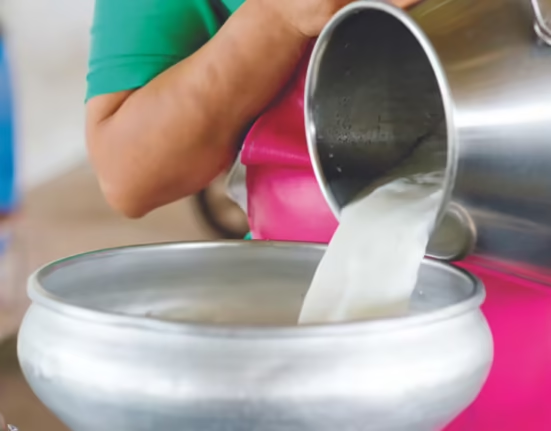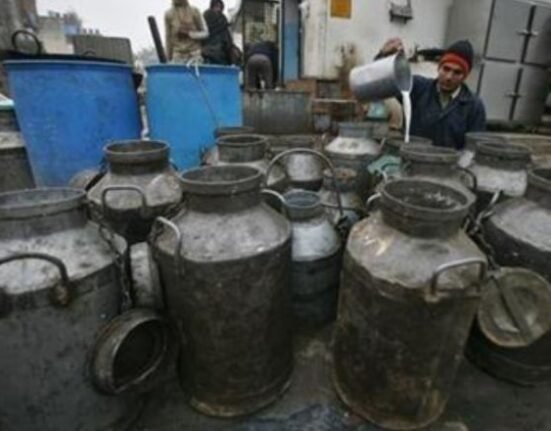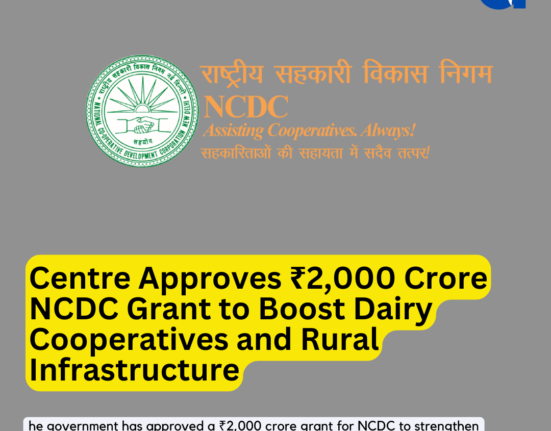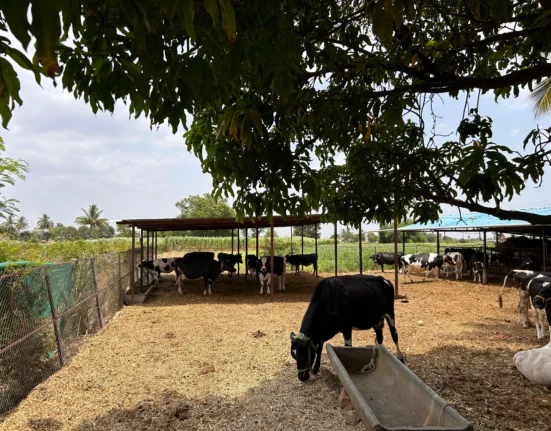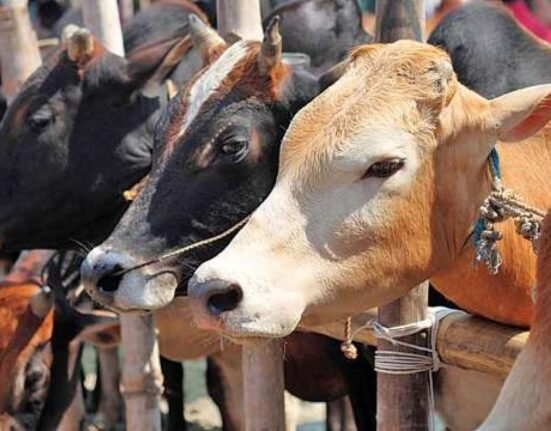April 16, 2025 — Dairy Dimension Desk
In a significant milestone for the cooperative dairy sector in Northeast India, Purabi Dairy, operated by the West Assam Milk Producers’ Cooperative Union Ltd (WAMUL), has achieved dual ISO certifications, reinforcing its commitment to product quality, food safety, and operational excellence.
The cooperative’s milk processing plant at Panjabari has been awarded ISO 22000:2018, the global benchmark for food safety management systems. Simultaneously, its cattle-feed manufacturing unit at Changsari has received ISO 9001:2015 for quality management—an endorsement of its robust manufacturing practices and supply chain protocols.
📈 A Year of Growth and Expansion
FY 2024–25 marked a breakout year for WAMUL, with the cooperative recording 25% revenue growth and a turnover crossing ₹320 crore. This growth was driven by rising demand for core dairy products such as milk, curd, paneer, ghee, and cream, alongside the successful launch of Purabi Ice Cream, which saw strong traction in urban and semi-urban markets across Assam.
To capitalize on this momentum, the cooperative has announced an ambitious revenue target of ₹450 crore for FY 2025–26.
🏭 Doubling Capacity with a ₹100 Cr Expansion
Purabi Dairy is investing ₹100 crore to expand the capacity of its flagship Panjabari processing plant, which will double production and strengthen its distribution footprint. This move is expected to enhance product availability across Assam and neighboring states, positioning Purabi as the undisputed dairy leader in the Northeast.
The investment also supports the union’s broader mandate of empowering smallholder dairy farmers, improving procurement efficiency, and introducing more value-added products to the regional dairy economy.
🌾 Quality, Innovation, and Cooperative Strength
With its recent certifications and capital infusion, Purabi is emerging as a model for cooperative-led dairy development in underrepresented regions. The focus on food safety, farmer welfare, and consumer trust reflects a forward-thinking approach rarely seen in regional dairy ecosystems.
The cooperative’s upward trajectory also demonstrates how robust governance, continuous innovation, and adherence to global standards can help public sector dairy brands compete alongside private players—while delivering impact at the grassroots.


